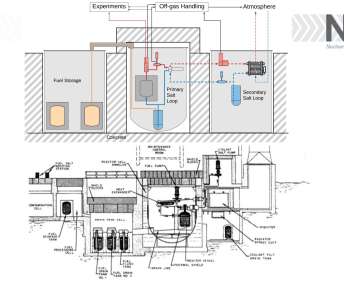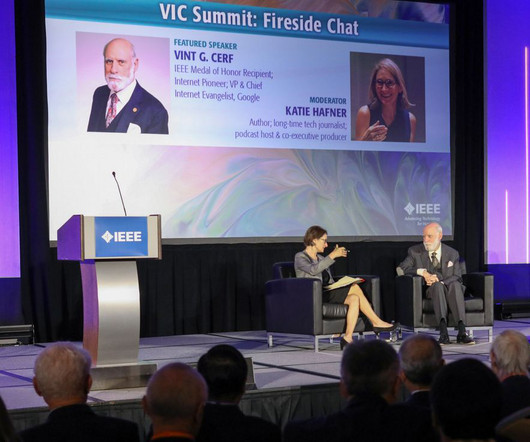UT Austin to lead $58M study of methane hydrate in Gulf of Mexico; $41M from DOE
Green Car Congress
OCTOBER 22, 2014
A research team led by The University of Texas at Austin has been awarded approximately $58 million to analyze methane hydrate deposits under the Gulf of Mexico. Methane hydrate—natural gas trapped in an ice-like cage of water molecules—occurs in both terrestrial and marine environments.



















Let's personalize your content